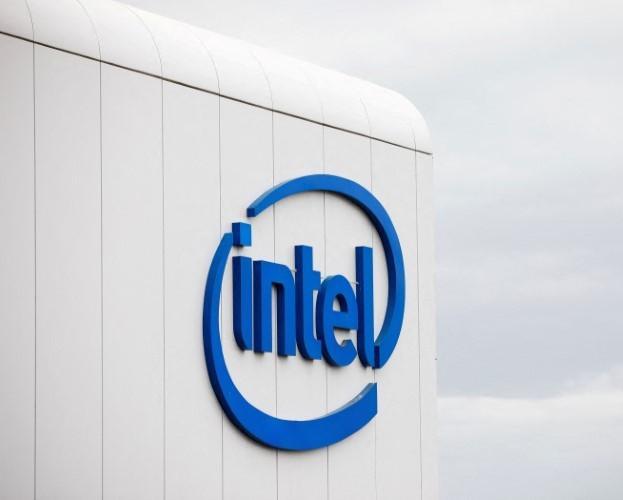
Indian-Origin Techie Gets 2-Year Probation, Fined ₹30 Lakh for Spying for Microsoft
In a shocking turn of events, an Indian-origin ex-Intel engineer, Varun Gupta, has been sentenced to two-year probation and fined $34,472 (over ₹30 lakh) for leaking Intel’s secrets to Microsoft. Gupta, who left Intel in 2020 to join Microsoft, spent his last days at Intel quietly copying sensitive information, including Intel’s pricing strategies.
According to reports, Gupta was a senior engineer at Intel, where he had spent several years. However, in 2020, he left the company to join Microsoft. During his time at Intel, Gupta had access to sensitive information, including trade secrets and confidential data. It is alleged that Gupta used this information to benefit Microsoft, his new employer.
Gupta’s actions came to light during an investigation by the US Department of Justice, which was sparked by a tip-off from an anonymous source. The investigation revealed that Gupta had been secretly copying Intel’s confidential information, including pricing strategies, and sending it to Microsoft.
The US Department of Justice described Gupta’s actions as “intentional and malicious” and stated that he had “betrayed” Intel’s trust. Gupta’s lawyer, however, claimed that his client had already lost senior industry roles he once held due to the incident.
Gupta’s sentence is a significant one, given the severity of his actions. The two-year probation period means that Gupta will be closely monitored by the authorities for the next two years, during which time he will be required to obey certain conditions, such as not accessing any confidential information.
The fine of $34,472 (over ₹30 lakh) is also significant, and is likely to be a significant financial burden for Gupta. The fine is a symbol of the seriousness with which the US authorities view intellectual property theft, and serves as a warning to others who may be tempted to engage in similar behavior.
The incident highlights the importance of intellectual property protection, particularly in the technology industry. Companies invest significant resources in developing their products and services, and it is crucial that they take steps to protect their intellectual property from being stolen or misused.
Gupta’s actions also raise questions about the culture of competition in the technology industry. The competition between companies like Intel and Microsoft can be fierce, and it is not uncommon for companies to engage in aggressive tactics to gain an advantage over their rivals. However, such tactics can cross the line into illegal activity, as in the case of Gupta.
In conclusion, the sentencing of Varun Gupta is a significant reminder of the importance of intellectual property protection and the consequences of stealing company secrets. The incident serves as a warning to others who may be tempted to engage in similar behavior, and highlights the need for companies to take steps to protect their intellectual property.






